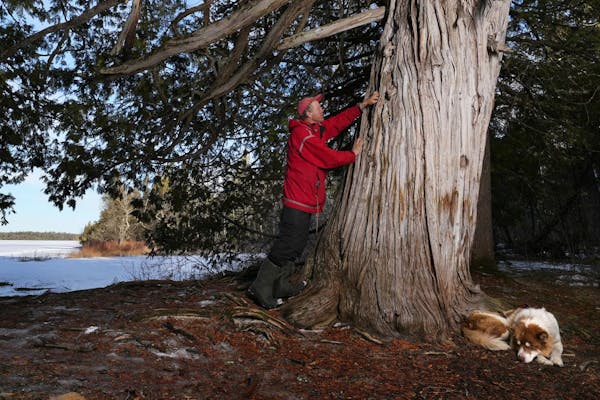COLOMBO, Sri Lanka — They came to hear him, to see him. They came from mansions in Colombo, from concrete apartment buildings in Kandy, from little villages in the hills of Sri Lanka. And how could they not come? To the faithful, Pope Francis is the Vicar of Christ, the successor to St. Peter, the embodiment of the Catholic Church and everything it stands for.
So more than anything, the estimated 800,000 people who saw him in Sri Lanka came hoping for a touch. A blessing, maybe. A hand laid upon a baby's head.
Pope Francis has worked to avoid cloaking himself in the mystical power that popes are so often endowed with by believers. He lives in a simple home, he drives in a simple car. He has railed against the power politics of the Vatican.
"I prefer a church which is bruised, hurting and dirty because it has been out on the streets, rather than a church which is unhealthy from being confined and from clinging to its own security," he wrote in the mission statement of his papacy.
But 2,000 years of tradition is impossible to escape, and for the faithful a papal touch is so much more than what it appears. So again and again, they reached out to him, with the fortunate who succeeded sometimes breaking down in tears.
But a pope can touch only so many people.
On Wednesday, Francis traveled to Sri Lanka's holiest Christian shrine, in a tiny town battered by the country's long civil war.
At the edge of the crowd in Madhu, an 11-year-old boy held up a sign that said in large letters: "I can't speak please bless me!" His mother pushed him forward as Francis passed by them.
The boy, though, could not get through the crowds.
